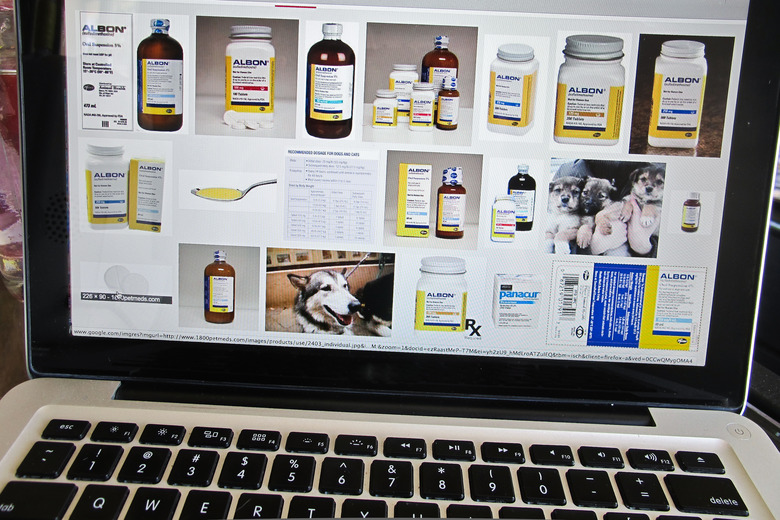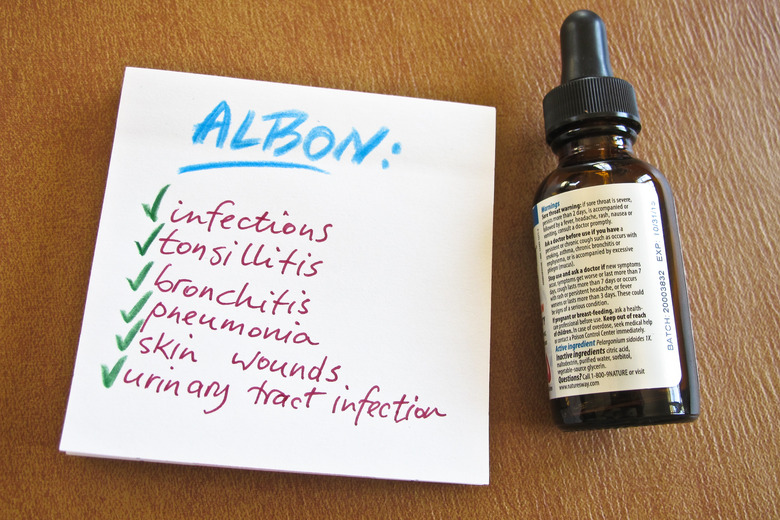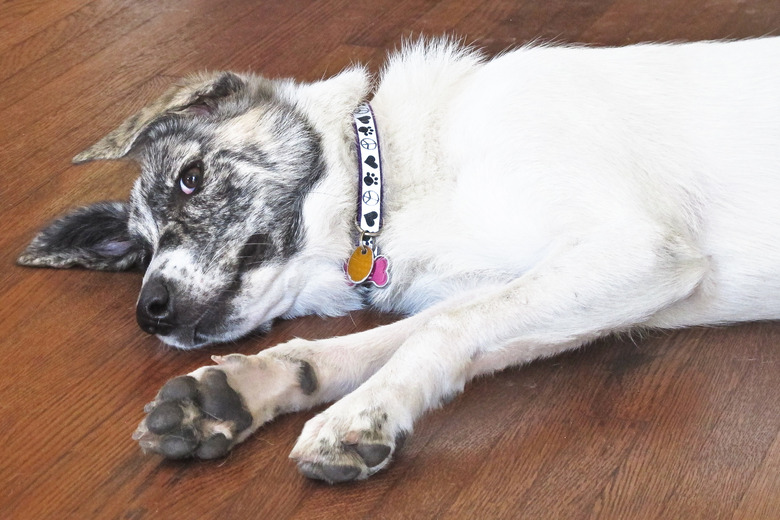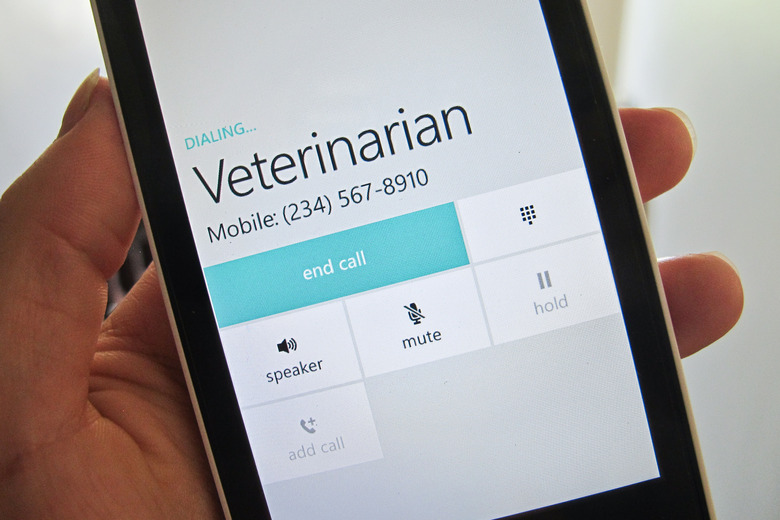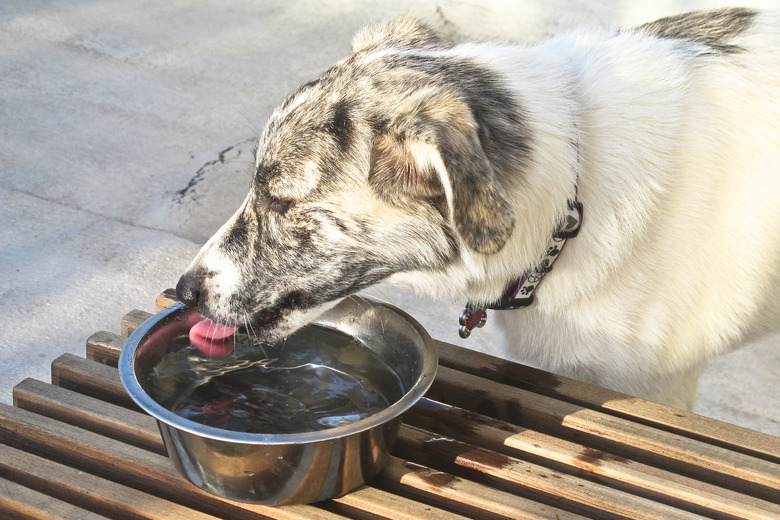What Is Albon Medication For Dogs Used For?
Albon (generic name: sulfadimethoxine) is an antibiotic medication used to treat bacterial infections in dogs. It is also used to treat coccidiosis, a parasite infection that can cause severe diarrhea in dogs. Albon for dogs is available in a tablet or liquid form. Albon requires a prescription from your veterinarian, and may be prescribed in addition to other drugs. In tablet or liquid form, Albon is usually given once every 24 hours. The first dose your dog takes may be larger than the following doses.
Veterinarians prescribe Albon for cats, as well as dogs. While it's technically the same medicine, the Albon dosage for dogs may be higher, particularly if you have a larger dog. You should never give your dog's Albon prescription to your cat or any other animal, as it can cause life-threatening side effects.
Albon for dogs: what does it treat?
Albon for dogs: what does it treat?
Albon is approved for the treatment of infections caused by bacterial organisms, including streptococci, staphylococci, escherichia, salmonella, klebsiella, proteus, and shigella. It's primarily used as a coccidiosis parasite treatment, but may also be used for respiratory infections including tonsillitis, bronchitis and pneumonia; skin infections; anal gland infections; skin wounds; urinary tract infections and infections in the uterus. Your veterinarian may recommend this medication for other infections not listed here.
Guidelines for safe use of Albon in dogs
Guidelines for safe use of Albon in dogs
As with any medication, make sure you discuss the guidelines for safe use with your veterinarian. It's important to follow your veterinarian's instructions and administer the proper dosage of your dog's Albon suspension. Treatment may last a few days to a week. Albon should be given to your dog until their symptoms are no longer present for 48 hours. If your dog does not show signs of improvement after a day or two of treatment, contact your veterinarian.
When you should not use Albon for your dog
When you should not use Albon for your dog
If your dog is allergic to sulfonamide antibiotics ("sulfa drugs"), they should not be treated with Albon. Signs of allergy can include trouble breathing and skin rash.
If your dog is pregnant or nursing, she should not get Albon. If your dog has kidney or liver disease, the veterinarian will likely prescribe a different medicine. If your dog is taking certain medications, such as cyclosporine (an immunosuppressive drug), phenytoin (an anti-seizure drug), warfarin (a blood thinner), aspirin and methotrexate (a chemotherapy drug) she should not take Albon. Make sure your veterinarian knows of all the medications and supplements your dog takes. Even herbal supplements can interact with prescription drugs.
Possible side effects of Albon
Possible side effects of Albon
Possible side effects from Albon include fever, skin rash, vomiting and diarrhea. In addition, joint pain and dry eye may also occur. Call your veterinarian if any of these side effects develop. Also call your veterinarian if your dog develops any new symptoms that are not listed above while taking this medicine. It is sometimes difficult to determine if these new symptoms are side effects from the medication or not. It is best to call your vet when in doubt.
Uncommon side effects of Albon
Uncommon side effects of Albon
While any side effects are unpleasant, some uncommon side effects from Albon are jaundice, kidney, or liver damage. Doberman pinschers may be more susceptible to liver side effects with this drug. If you see your dog suffering from any of these side effects or if they exhibit changes in appetite, energy, or behavior, call your vet immediately.
Other considerations about using Albon
Other considerations about using Albon
Albon, like all antibiotics, is not effective against viral infections. However, to be effective against bacteria, you should make sure to finish the entire treatment, unless told otherwise by your veterinarian. Even if your dog seems to be completely healthy, some bacteria may still be infecting your dog. If you stop the treatment too early, the infection could worsen and symptoms could recur. During treatment with Albon, it is crucial that your dog remains hydrated. Provide plenty of fresh water for your dog and report any changes in drinking patterns immediately to your veterinarian.
